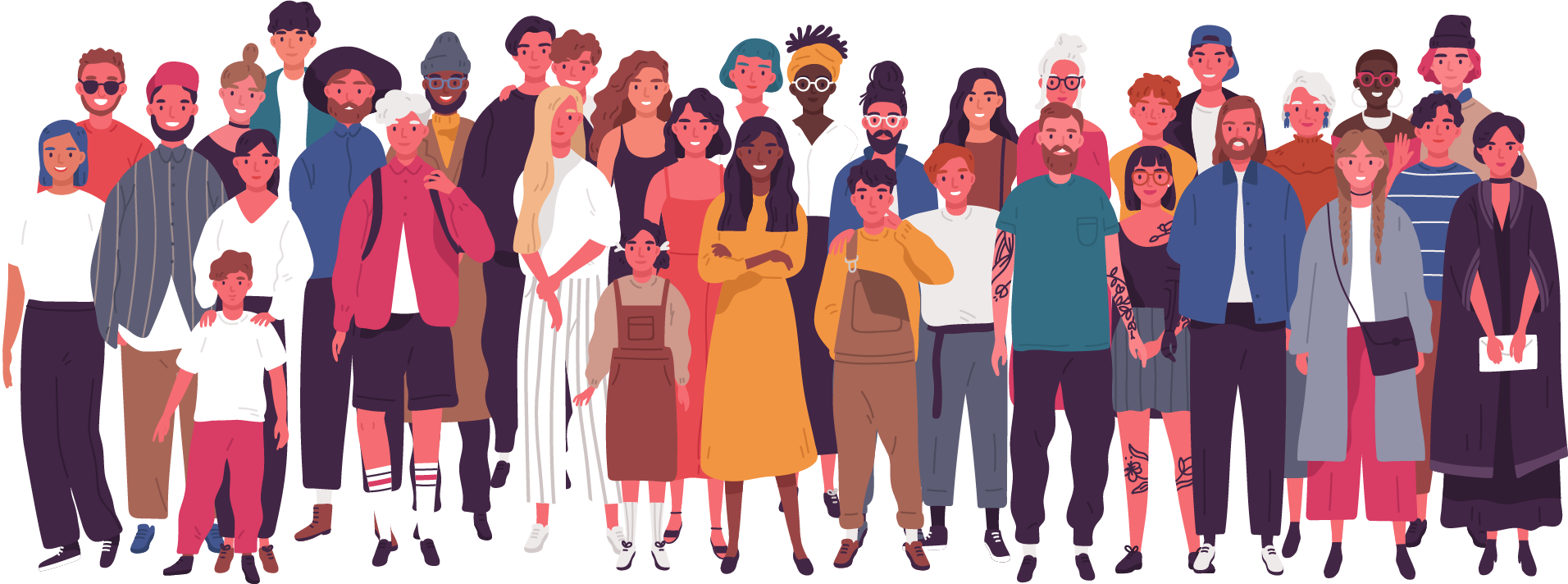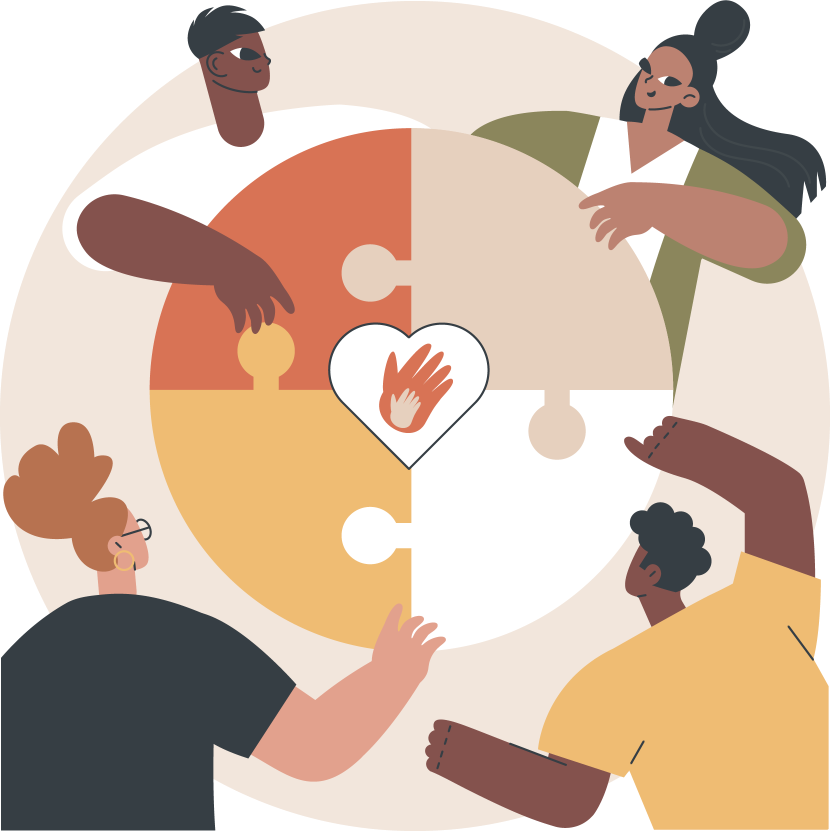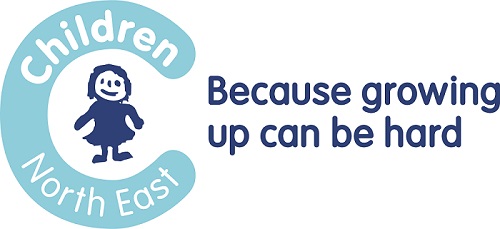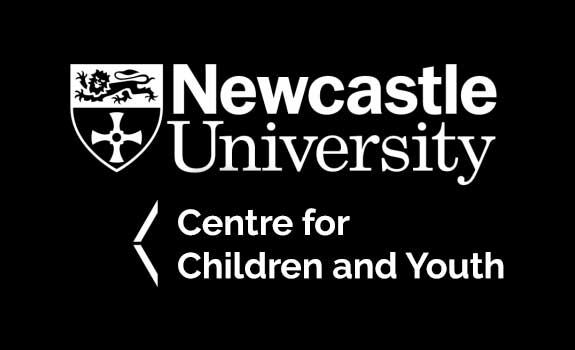About our Project

The Relational Toolkit
The Relational Toolkit has been designed to encourage a different way of looking at engagement.
Whilst traditional approaches to engagement tend to favour professionally driven interventions, a relational approach, in contrast, is defined as an organisation and its stakeholders getting things done collectively, doing with rather than doing to.
Rather than beginning with a professional intervention, a relational approach starts by exploring the type of engagement relationships that recognise all community members, including children and young people, as educators and experts in the place where they live.
A relational approach to engagement values and promotes local people as change makers and leaders in the place where they live. It provides a deliberate rejection of a deficit approach to communities and a shift instead to community change as a collaborative endeavour.

Impact
The Relational Toolkit:
- improves knowledge of a relational approach to engagement and how this can be implemented and evaluated in practice.
- provides an audit and evaluation of current relational engagement activities.
- enables the audit of engagement practices to be linked to wider city, city region and international inclusive economic strategies and the United Nation’s Sustainable Development Goals, in particular the need for greater community participation in democratic decision making.
- can be used to facilitate the co-production of ‘more relational’ engagement activities across a wider organisation.
If you are interested in discussing how the Toolkit could be used in your oganisation, please contact:



